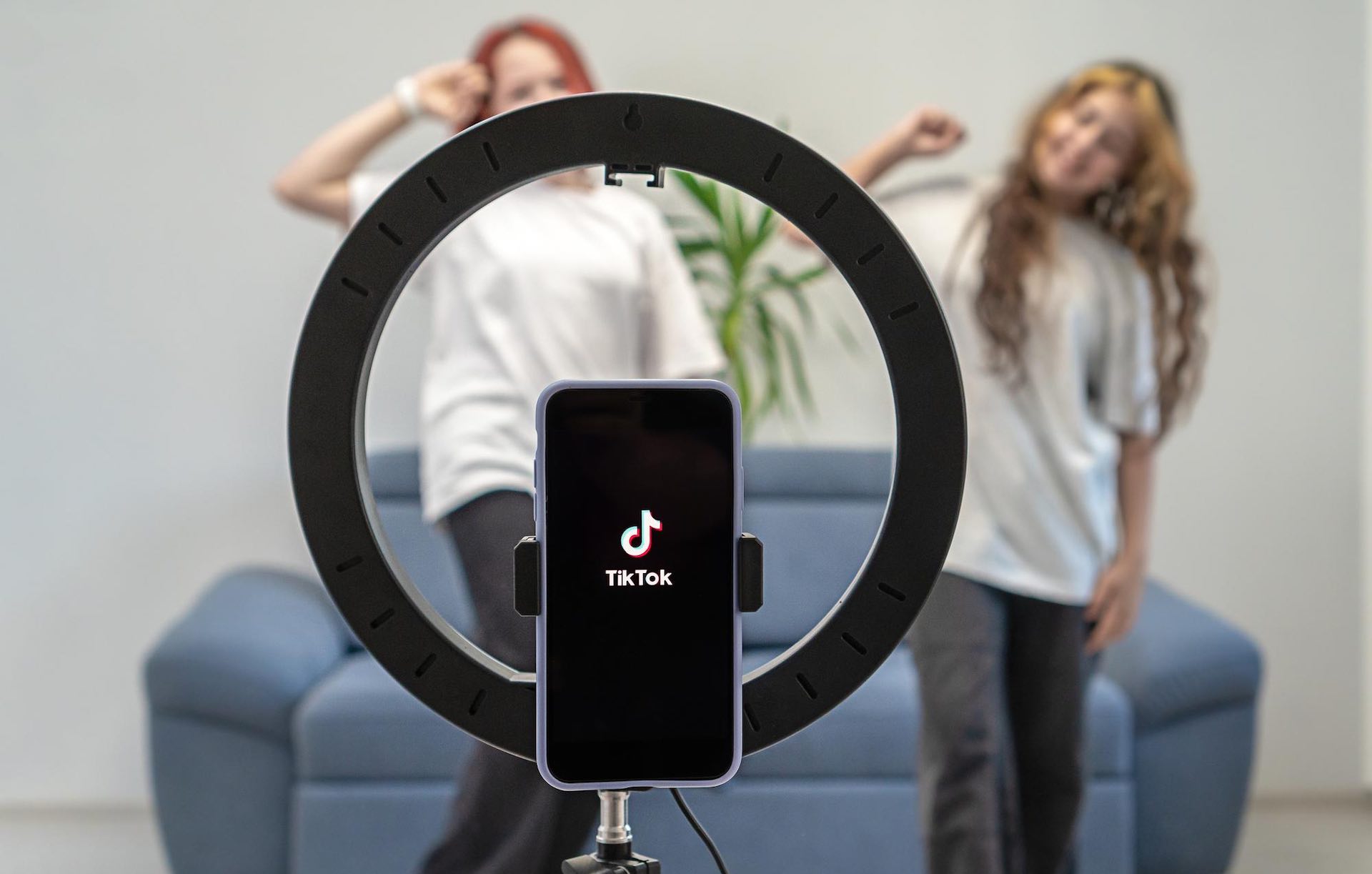TikTok, the widely popular social media platform, is facing a staggering €345m fine by Irish authorities over concerns surrounding child data protection. The company has been scrutinized for its treatment of children’s data in 2020, primarily its approach to age verification and privacy configurations. The imposed fine marks the heaviest financial penalty TikTok has encountered from global regulators. Despite these hefty charges, the platform’s representatives are challenging the findings, emphasizing that the questioned features and privacy settings were revised long before the initiation of this investigation.

Notably, TikTok claims that it had proactively adjusted settings to make accounts of users under 16 private by default. This punitive action stems from the EU’s General Data Protection Regulation (GDPR) orchestrated by Ireland’s Data Protection Commission (DPC). The GDPR dictates stringent data-handling guidelines for businesses, ensuring transparency and ethical data practices. Helen Dixon, the Data Protection Commissioner, disclosed to BBC News that TikTok’s design made accounts of users aged between 13 and 17 public upon registration.
Such defaults allowed their content to be accessible to a global audience, an evident breach of GDPR’s protective measures. Consequently, TikTok is now under a three-month directive to fully align its data processes with GDPR standards. Prominent digital rights researcher, Prof Sonia Livingstone of the London School of Economics and Political Science, lauded the DPC’s decisive move. She stressed the significance of ensuring a safe digital space for children, which entails clear communication on data usage and upholding privacy rights.
A shadow looms over TikTok with an ongoing investigation probing the potential illegal data transfer from the EU to China. It’s noteworthy that the Beijing-based firm, ByteDance, owns TikTok. Contextually, while TikTok’s fine is substantial, it pales in comparison to the whopping €1.2bn penalty recently handed to Meta by European regulators. Yet, it dwarfs TikTok’s £12.7m fine by UK authorities earlier this year, emphasizing the mounting concerns around data privacy in the digital era.
